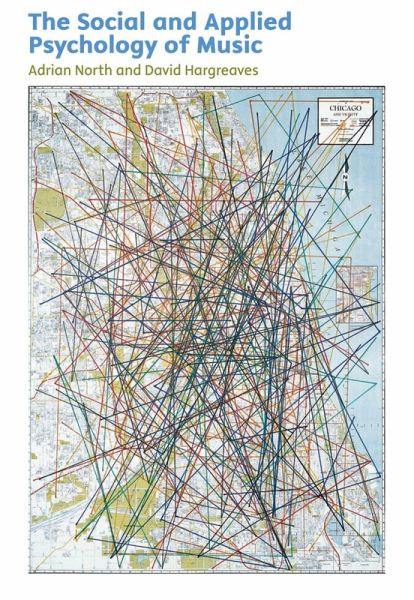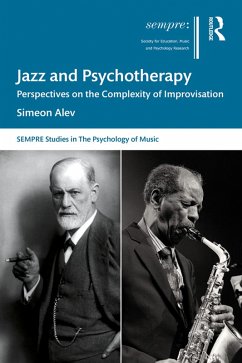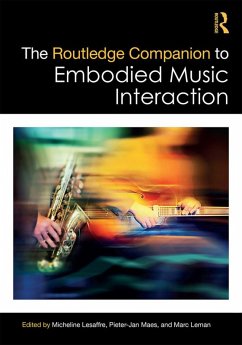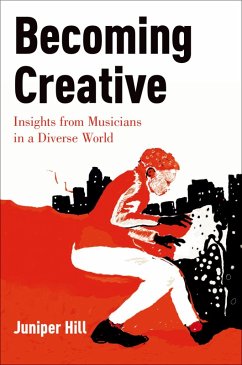
The Social and Applied Psychology of Music (eBook, ePUB)
Versandkostenfrei!
Sofort per Download lieferbar
42,95 €
inkl. MwSt.
Weitere Ausgaben:

PAYBACK Punkte
21 °P sammeln!
Music is so ubiquitous that it can be easy to overlook the powerful influence it exerts in so many areas of our lives - from birth, through childhood, to old age. The Social and Applied Psychology of Music is the successor to the bestselling and influential The Social Psychology of Music. It considers the value of music in everyday life, answering some of the perennial questions about music. The book begins with a scene-setting chapter that describes the academic background to the book, before looking at composition and musicianship. It then goes on to look at musical preference. What aspects ...
Music is so ubiquitous that it can be easy to overlook the powerful influence it exerts in so many areas of our lives - from birth, through childhood, to old age. The Social and Applied Psychology of Music is the successor to the bestselling and influential The Social Psychology of Music. It considers the value of music in everyday life, answering some of the perennial questions about music. The book begins with a scene-setting chapter that describes the academic background to the book, before looking at composition and musicianship. It then goes on to look at musical preference. What aspects of music are crucial in determining whether or not you will like it? In chapter 4 the authors consider whether rap and rock are bad for young people, highlighting some of the major moral scandals that have rocked pop music, and asking whether these have become more extreme over time. The following chapter looks at music as a commercial product. How does the structure of the music industry influence CD purchasing, and how does music affect customers in retail and leisure settings like shops and restaurants? The book closes with an examination of music education. How does musical ability develop in children, and how does this relate to more general theories of how intellectual skills develop? Do musical skills develop independently of other abilities? Exceptionally broad in scope, and written in a highly accessible style by the leading researchers in this field, The Social and Applied Psychology of Music will be required reading for anyone seeking an understanding of the role music plays in our lives.
Dieser Download kann aus rechtlichen Gründen nur mit Rechnungsadresse in A, B, BG, CY, CZ, D, DK, EW, E, FIN, F, GR, HR, H, IRL, I, LT, L, LR, M, NL, PL, P, R, S, SLO, SK ausgeliefert werden.













